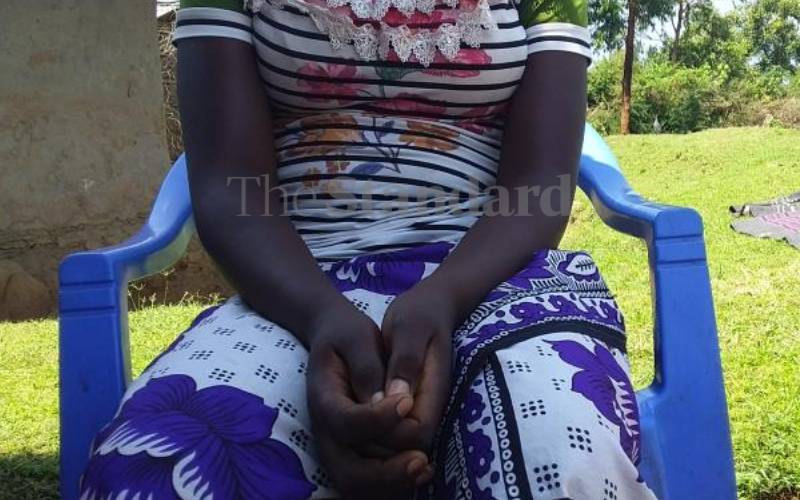×
The Standard e-Paper
Stay Informed, Even Offline

Ghati* underwent FGM in October 2020 out of choice in order to get married. Six months into the marriage, her husband started beating her. [Gardy Chacha, Standard]
Ghati*, 14, is currently in hiding. Her mother, Weisiko*, is fearful for her daughter’s life after the girl was beaten by her husband.